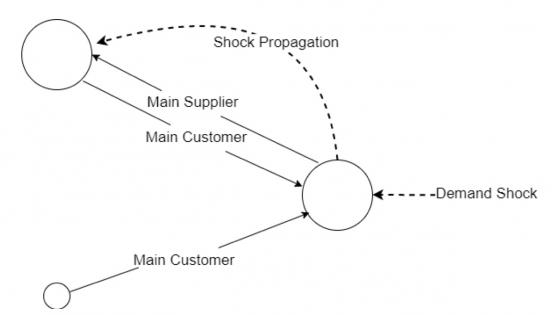DP9620 When Strong Ties are Strong: Networks and Youth Labor Market Entry
The conditions under which young workers find their first real post-graduation jobs are both very important for the young? future careers and insufficiently documented given their potential importance for young workers welfare. To study these conditions, and in particular the role played by social ties, we use a Swedish population-wide linked employer-employee data set of graduates from all levels of schooling which includes detailed information on family ties, neighborhoods, schools, class composition, and parents? and children? employers over a period covering years with both high and low unemployment, together with measures of firm performance. We find that strong social ties (parents) are an important determinant for where young workers find their first job. The effects are larger if the graduate?s position is ?weak? (low education, bad grades), during high unemployment years, and when information on potential openings are likely to be scarce. On the hiring side, by contrast, the effects are larger if the parent?s position is ?strong? (long tenure, high wage) and if the parent?s plant is more productive. The youths appear to benefit from the use of strong social ties through faster access to jobs and by better labor market outcomes as measured a few years after entry. In particular, workers finding their entry jobs through strong social ties are considerably more likely to remain in this job, while experiencing better wage growth than other entrants in the same plant. Firms also appear to benefit from these wage costs (relative to comparable entrants) starting at a lower base. They also benefit on the parents? side; parents? wage growth drops dramatically exactly at the entry of one of their children in the plant, although this is a moment when firm profits tend to be growing. Indeed, the firm-side benefits appear large enough for (at least small) firms to increase job creation at the entry level in years when a child of one of their employees graduates.

